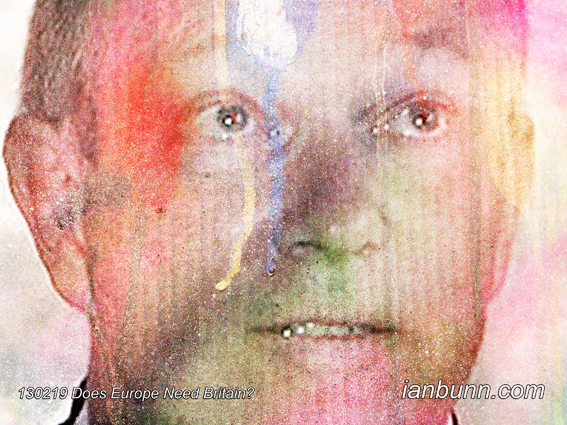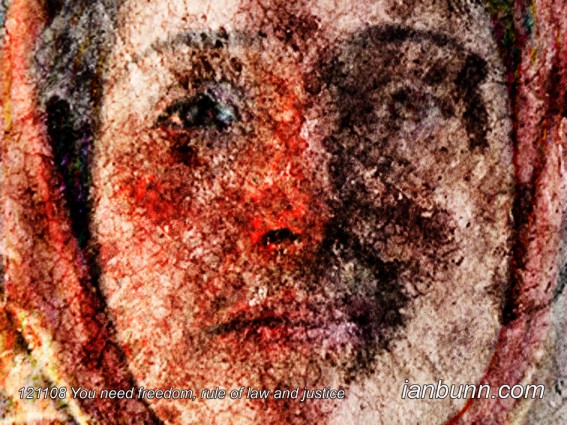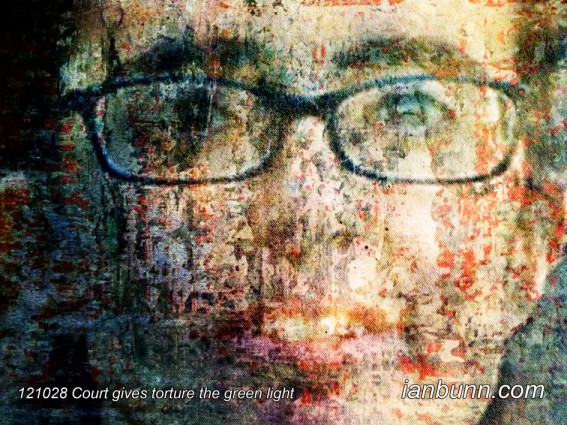 Everywhere in Europe we see rising intolerance (June 21 2013)
Everywhere in Europe we see rising intolerance (June 21 2013)
Emma Bonino the 65 year old Italian politician and Minister of Foreign Affairs and a leading member of the Italian Radicals, a political party that supports economic and social libertarianism, and human rights, has published an article on IPS News Service titled ‘A Federation Could Strengthen Europe’s Magnetism’ in which she states “The recent agreement for the normalisation of relations between Serbia and Kosovo has confirmed that the European Union (EU) is still acting as a “magnet”, attracting its external neighbours and transforming and integrating them. Thanks to its prospects for EU membership, the whole Balkan area has become more stable and secure. Unfortunately, this virtuous magnetism no longer exerts the same force of attraction on our own citizens. With every passing day, the founding fathers’ dream of peace and freedom seems to be turning into a nightmare for many. The EU is increasingly being associated with austerity policies that lead to recession, unemployment and social despair. More worryingly, there are signs that the current crisis is not limited to the EU’s economic sphere but also impacts its most fundamental values. Everywhere in Europe we see rising intolerance; growing support for xenophobic and populist parties; discrimination and a weakening of the rule of law; and entire populations of undocumented migrants, virtually without rights, punished for their status rather than their individual behaviour. Our inclusive and open community is threatened by destructive actions pursued by nationalistic and demagogic groups. But they are not the only ones inflicting damage on the Union. …If Europe does not solve its problems of recession and populism, we could lose all that we have achieved since the 1950s, with no estimate of how long it will take to regain the same level of democracy, prosperity and stability as before. But if we adopt a new vision, engage our citizens and unite our governments, we could start a new phase of boosting growth and fostering democratic legitimacy and global influence.”
Inspired by Emma Bonino, IPS News ow.ly/lE457 Image source WEF ow.ly/lE3YP


![Salil Shetty the Indian long-term activist on poverty and justice, former director of the United Nations Millennium Campaign and now Secretary General of the human rights organization Amnesty International has published an article on Aljazeera titled ‘Nigerian government should address the problems’. Shetty states "A country with global aspirations should also be a country of the rule of law. On that count, Nigeria is failing dismally - particularly when it comes to Boko Haram [Islamic militant group]. …The death of 43 adds to the toll of more than 1,000 people killed by Boko Haram over the last two years, including attacks on churches, outside mosques and in markets. Such an assault from within is a challenge to any country. But Nigeria has to find a more effective means of response than it has to-date. The country is positioning itself as a global player and is seeking a permanent seat on the UN Security Council. The terrible crimes of Boko Haram can never be a justification for a country's security forces to kill or disappear people with impunity. The security forces' response is creating an atmosphere of lawlessness across vast swathes of the country. In the words of one Nigerian judge, the authorities' disregard for due process is "barbaric". … Unlawful killings, detention without charge, and enforced disappearances are just some of the human rights violations being perpetrated by Nigeria's security forces in the name of national security which Amnesty International identified in a report launched in November. … The Nigerian government should address the problems, not blame the messenger or deny the undeniable. The Nigerian government owes its own people respect for the rule of law - including by the lawful prosecution of Boko Haram crimes, which we see too rarely. If official lawlessness is denied and goes unpunished, Nigeria will not gain the stability it so badly needs.” Inspired by Salil Shetty, Aljazeera ow.ly/hYDEp Image source Facebook ow.ly/hYDC8](http://www.ianbunn.com/wp-content/uploads/2013/03/130307dcU60.jpg)






